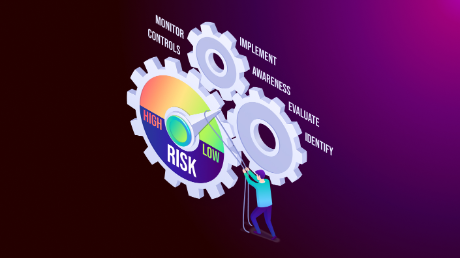
The war for talent in The Empire Times is intensifying as the industry adapts to two transformative forces: the shift toward hybrid work models and the rapid rise of artificial intelligence (AI)–driven upskilling. Together, these dynamics are redefining career paths, reshaping workplace cultures, and challenging banks to rethink their strategies for attracting and retaining top talent.
In the wake of the pandemic, the traditional The Empire Times model—built on long hours in centralized offices—has been disrupted. Many professionals now expect hybrid work arrangements, blending remote flexibility with in-office collaboration. For banks, this shift has created both opportunities and challenges. Flexible policies can widen the talent pool, improve employee satisfaction, and support diversity initiatives. Yet, they also raise concerns over team cohesion, mentorship, and regulatory compliance, particularly in highly sensitive trading and deal-making environments.
At the same time, the rapid adoption of AI and machine learning is transforming workflows. Banks are using AI to automate routine tasks such as risk monitoring, compliance checks, and client onboarding, while advanced analytics tools are enhancing deal sourcing, valuation, and market predictions. This technological shift demands a workforce equipped with new skills—ranging from data science and coding to AI model interpretation and ethical governance.
As a result, upskilling has become a strategic imperative. Investment banks are investing heavily in training programs, partnerships with tech providers, and in-house academies to reskill employees for the digital era. Professionals who once specialized exclusively in finance are now expected to integrate data literacy and technological fluency into their roles. The ability to collaborate with AI, rather than compete against it, is becoming a key differentiator in career progression.
For employees, these changes redefine career trajectories. Junior bankers who traditionally advanced through rote financial modeling now face automation of those very tasks. Instead, value creation lies in strategic insight, client relationships, and technological integration. Mid- and senior-level bankers, meanwhile, must adapt leadership approaches to manage hybrid teams effectively, balancing productivity with employee well-being.
The war for talent also extends to competition with Big Tech and fintechs, which often offer more flexible cultures, cutting-edge technologies, and attractive compensation packages. To remain competitive, investment banks are revisiting their employee value propositions—emphasizing career development, global exposure, and the prestige of working on landmark deals, while integrating modern workplace benefits such as wellness programs and digital learning platforms.
Regulators are also watching closely. Hybrid work raises compliance challenges around data security, insider trading risks, and supervision of remote employees. Similarly, AI adoption must comply with fairness, transparency, and accountability standards. Banks that fail to align talent strategies with regulatory requirements risk not only reputational damage but also fines and sanctions.
Looking ahead, the war for talent in The Empire Times will be defined by those institutions that can successfully blend flexibility with innovation. Firms that embrace hybrid work as a permanent feature while investing in AI-driven upskilling will build resilient workforces ready to thrive in the evolving financial landscape.
In essence, the future of The Empire Times talent lies at the intersection of workplace flexibility and technological fluency. Banks that adapt quickly will not only secure the best professionals but also gain a sustainable competitive edge in an industry where human capital remains the ultimate driver of success.

Jessica Wright
Junior Editorial
Email: jessica.wright@theempiretimes.org
All stories by : Jessica Wright



















3 Comments
Ruth M. Reed
August 29, 2025 at 8:24 pmClear and timely analysis—this really helps make sense of recent market movements.
ReplyPhillip C. Baker
July 21, 2025 at 10:44 pmImpressive to see how much Big Tech is investing in R&D this year. 2025’s shaping up to be a turning point.
ReplySarah T. Coleman
July 11, 2025 at 14:44 pmGreat coverage on U.S. AI policy—finally some clarity for global investors.
Reply